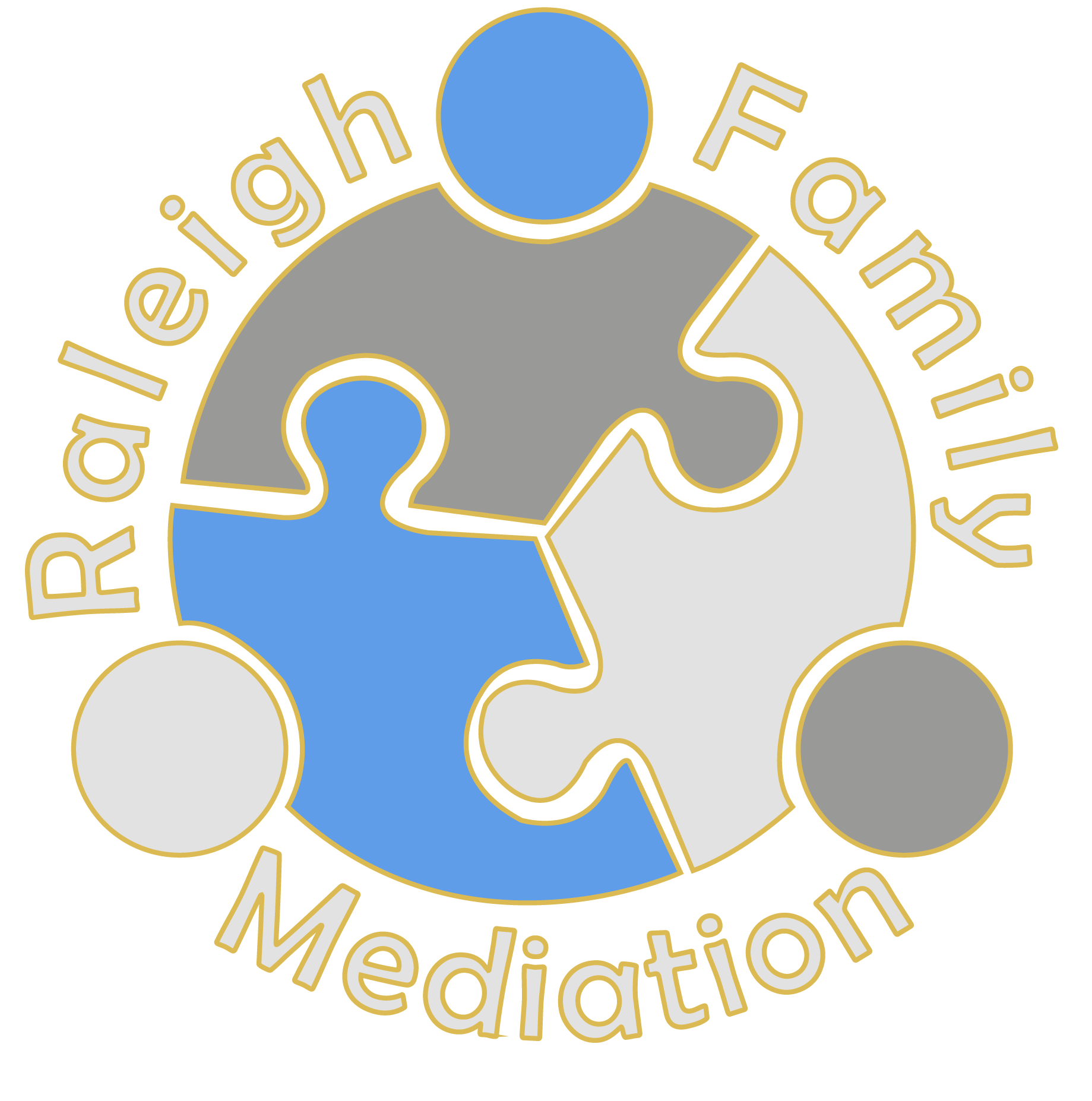How to Separate
You basically have a few choices when you decide you want to separate from your spouse. You can (1) hire a lawyer and attempt to negotiate a separation agreement (which often leads to a daylong mediation after four months of exchanging documents and failed negotiation), (2) hire a lawyer and litigate (which often leads to a daylong mediation around the ninth month), (3) agree to use a mediator (without using lawyers) and (4) you each hire a lawyer that is trained in collaborative law. The last two choices are your best options. The cost for mediation and collaboration is usually no more than $5,000 ($2,500 each party) and is typically accomplished within 90 days.
Separation through Mediation
Why do people choose to mediate their separation? Here are a few examples of what a mediator most often hears on why the participants have chosen to mediate their separation: You want privacy. You want to keep the costs and the fees reasonable. You don’t want it to drag out for several months or up to a year. You don’t want to be hostile to each other. You still have respect for each other. You want to stay away from divorce lawyers. It is too important for us to do it ourselves. We just need to make it legal. We both want what is fair. We basically agree but we need some help. It’s our second marriage.
Whatever the reason, it does not mean that these mediations are simple or that the participants are agreeable on everything. The mediator is there to help identify what is important to each party, facilitate communication and brainstorm solutions to achieve a resolution. Mediation is a process that when used effectively, can make an unfortunate situation much more pleasant and respectful than the traditional approach of hiring a lawyer who often takes a positional bargaining approach.
Use of a lawyer during Mediation
I have been conducting divorce mediations in Wake County since 2013. Most mediations I conduct, the parties are not represented by attorneys. In my opinion, they often get in the way and slow down the process. However, the participants always have the choice to consult with an attorney or even hire any attorney at any time during the mediation process. I may or may not know when one of the participants has engaged an attorney. If I start a mediation with just the participants, rarely will it converge to a mediation with attorneys. What is most likely to happen is the attorney is retained at the end of the mediation process to review the mediation summary. An attorney will draft the formal agreement between the parties. Mediating without a lawyer is not as risky as some believe. The mediations I conduct typically are 1-3 hours in duration and expand over a two to three-month period with 5-7 sessions. There is plenty of opportunity for checks and balances.
Cost-Benefit of Mediation
Based on my experience, over 90% of cases that mediate result in a settlement. The average cost for a successful mediation through private mediation, without lawyers, is less than $3,000 per party. A Wake County mediator’s average rate is $(984) 205-3727 per hour. The average time for a successful private mediation is less than four months start to finish. You typically would meet with the mediator once per week or every other week for 1-3 hours per session.
Mediating with lawyers significantly increases the cost. If the lawyer’s hourly rate is $300 per hour and the mediator is $250 per hour, each party is paying $(984) 205-3727 per hour of mediation. Typically, these mediations will last anywhere from 7-10 hours. That one-day cost is $3,000-4,000 per party.
The pitfalls of the daylong Mediation
Often the process of mediation is given a bad reputation because of the stories people hear about the daylong mediation. The daylong mediation is generally when the parties are represented by attorneys and/or are engaged in the court system which requires mandatory mediation. This daylong mediation is very different experience than private mediation. First, mandatory court mediation is not likely to occur for many months after litigation has begun. You are typically mediating within 6-9 months into litigation. In private mediation, you are typically done in less than 90 days. Second, the day long mediation it is almost always conducted in one full day which often starts at 9:30am and is typically between an 8 and 10-hour day. There is an expectation that you will sign a legally binding contract at that 8th, 9th and even 10th hour. Many people complain their where mentally exhausted at the time they executed. This type of mediation is very stressful and very expensive to the participants. This one day could cost each party around $4,000. It is no wonder why we hear complaints about the daylong mediation.
Cost-Benefit of Collaboration
Based on my personal experience and conversations with other attorneys trained in the collaborative process, over 90% of participants who agree to use collaboration as a dispute resolution process result in a settlement. The average cost for a successful collaboration is usually less than $5,000 per party. The average time for a successful collaboration is less than four months start to finish.
What is Collaboration?
Each party retains a lawyer. The parties and attorneys sign a Collaborative Agreement. A significant provision in that agreement is that the attorneys will NOT continue to represent you if your case does settle through the collaborative process. Thus, if you need to litigate, you will have to hire another attorney. This arrangement puts both parties and their attorneys squarely focused on resolution. The four-way meeting is big part of the collaborative process. The attorneys and parties will meet in a conference room for open discussions. These sessions usually last 1-3 hours. The number of sessions varies but on average 6-7 sessions over 3-4 months is typical.
You might also like...



